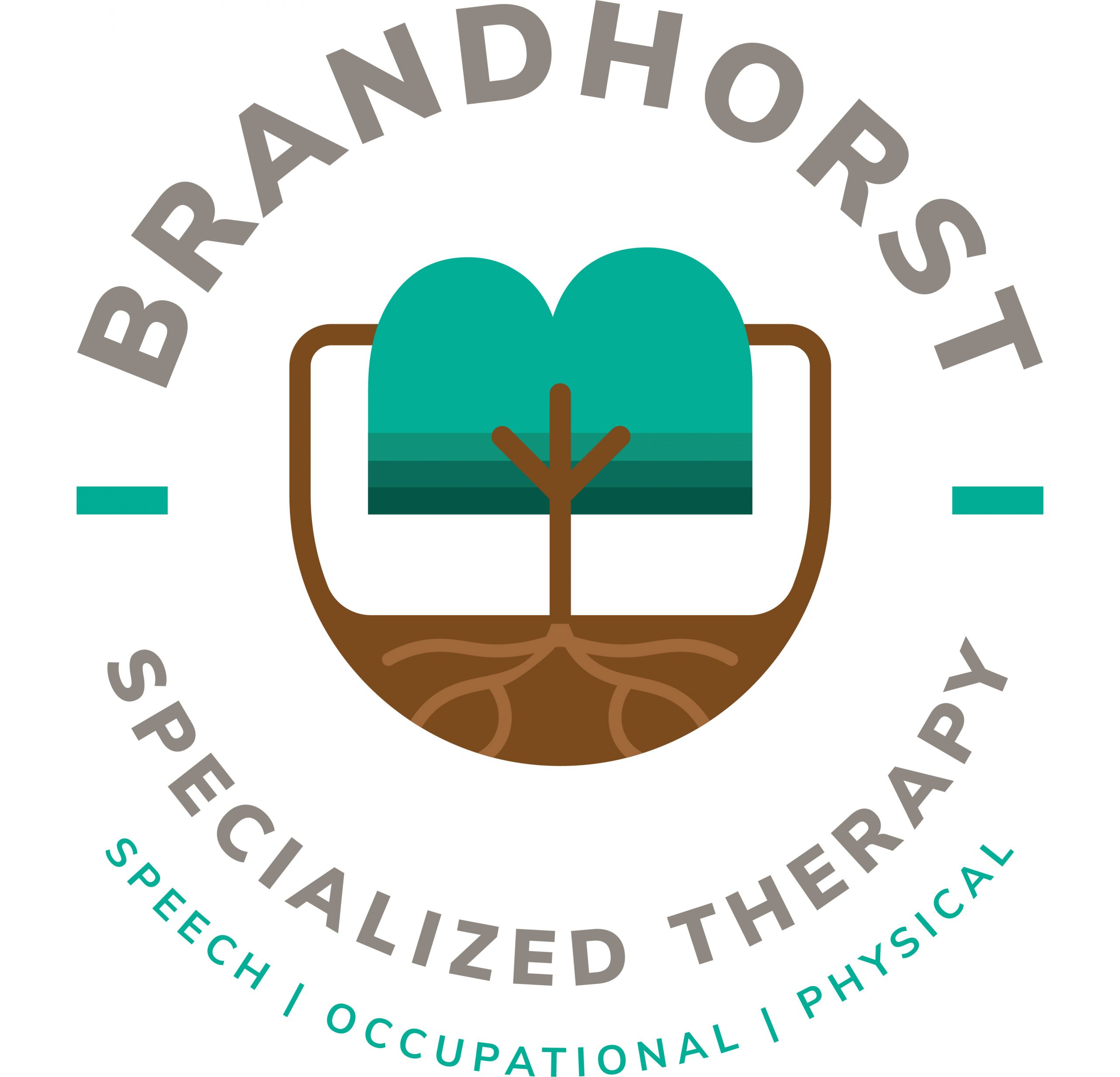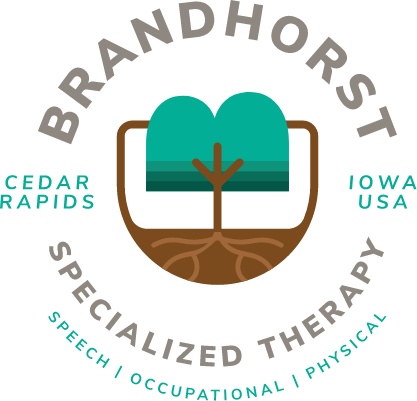Expert Therapy
who we are
At Brandhorst Specialized Therapy, we recognize that bodies are complex, integrated systems. When a presenting problem does not respond to traditional therapy, we dig deeper! The vision held by a single therapist working out of her car has expanded to include like-minded clinicians with diverse speech and pediatric occupational therapy specializations.
We diagnose and treat movement, motor, speech, sensory, and feeding disorders. These disorders may be related to premature birth, picky eating, Autism Spectrum Disorder, tethered oral tissue, Down Syndrome, Cerebral Palsy, degenerative disease, CVA, TBI, apraxia of speech, developmental delay, and more. We work with other medical professionals to uncover the airway, musculoskeletal, and neurological factors that contribute to the observable concern. Then we develop individualized, family-centered treatment strategies, drawing from both traditional therapy practices and innovative techniques.
Our approach enables patients to find the answers and support needed to stabilize, grow, and thrive.
Our Services
Expressive/ Receptive/ Social Language
Oral Motor Dysfunction
Voice Disorders
Executive Functioning
Movement/ Strength/ Balance
Growth and Play
Meet our team
FAQs
- General Questions
- Speech Therapy
- Occupational Therapy
- Myofunctional and Feeding Therapy

Do I need a physician referral to see you?
We do not require a referral for our services. However, some insurance companies do. We are happy to initiate the referral request. If your doctor is aware of the concerns, they usually agree to an evaluation and, if warranted, treatment.

How expensive is therapy?

What is the parent’s role in their child’s therapy?

How does therapy help after stroke (CVA) or head injury (TBI)?

How long is your waiting list?

I'm not sure if my loved one needs therapy; what should I do?
General Questions 

Do I need a physician referral to see you?
We do not require a referral for our services. However, some insurance companies do. We are happy to initiate the referral request. If your doctor is aware of the concerns, they usually agree to an evaluation and, if warranted, treatment.

How expensive is therapy?

What is the parent’s role in their child’s therapy?

How does therapy help after stroke (CVA) or head injury (TBI)?

How long is your waiting list?



